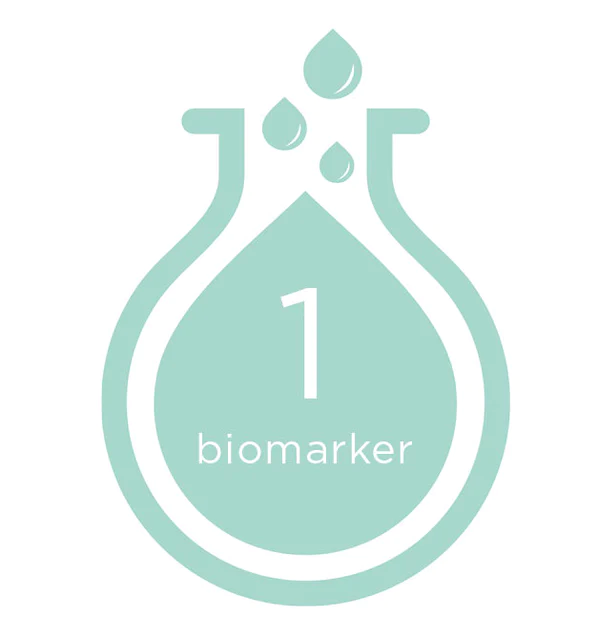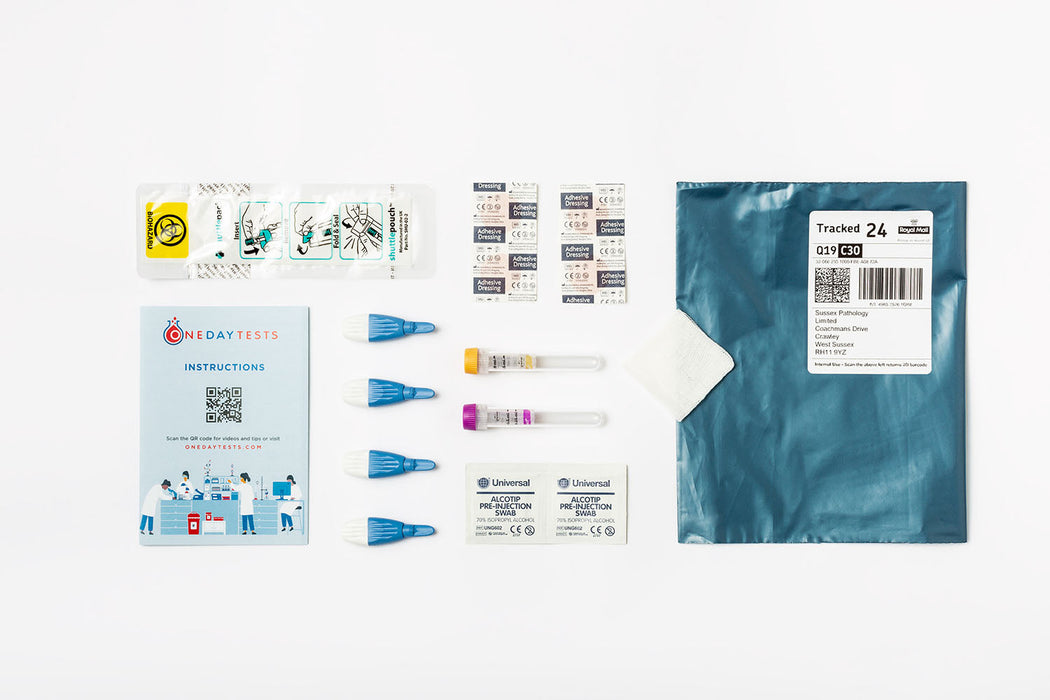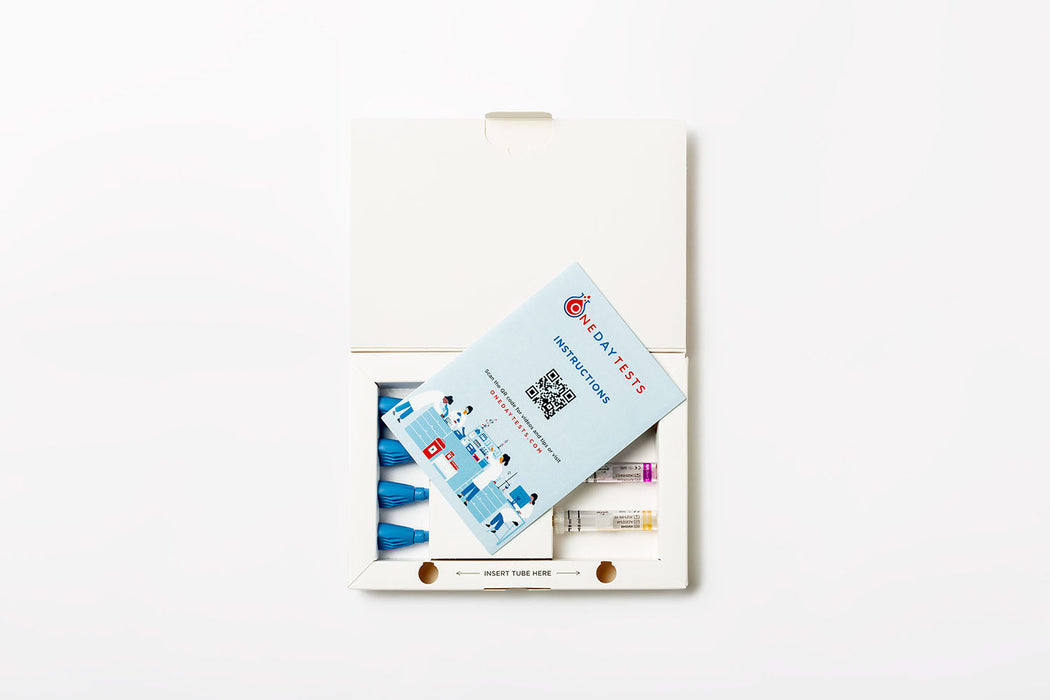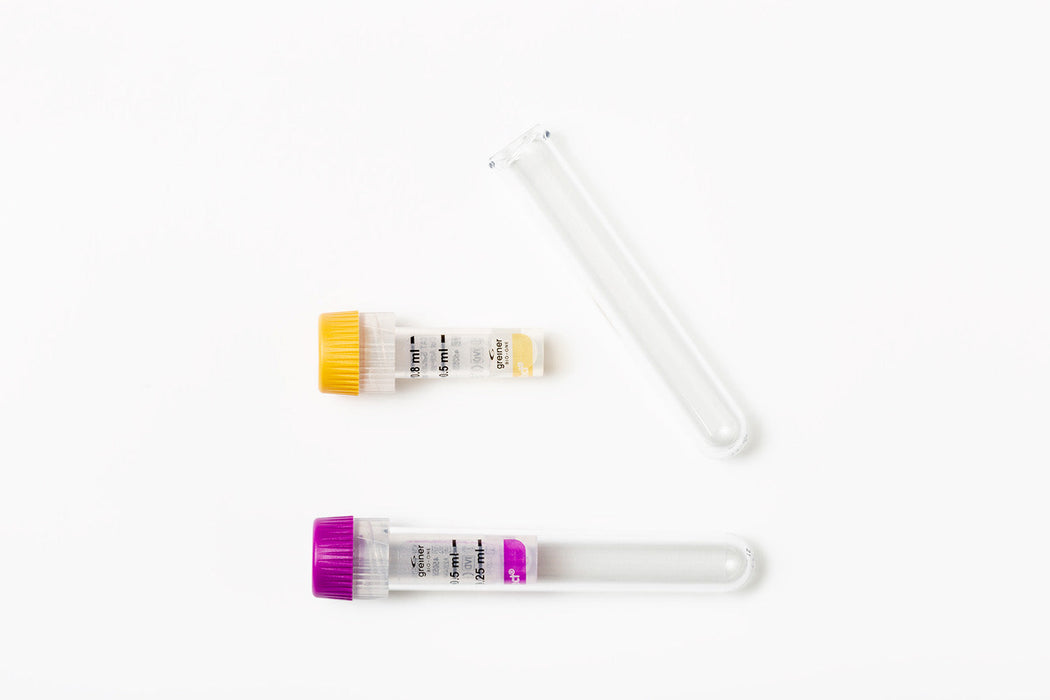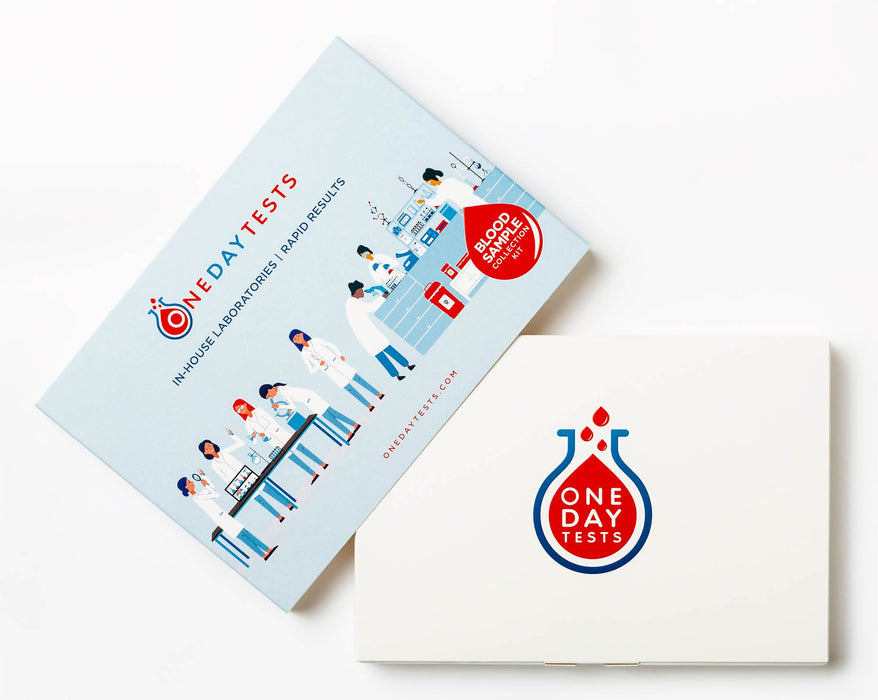What is it?
C-Reactive protein (CRP) is an "acute phase reactant", i.e. it is a protein that is made in direct response to an initial injury or inflammation. It is an immediate marker that can be reliably used to monitor disease or inflammation levels as the concentration of CRP in the blood can increase hugely in a short period of time, in response to inflammation or chronic disease flare up.
CRP is a protein made by the liver that is released into the blood within a few hours after tissue injury or the start of an infection/inflammation. It marks most acute conditions such as post heart attack, surgery, sepsis, breakages and tissue damage.
However, it does not point to the specificity of the injury, i.e. there are no different types of CRP for different injuries.
Reference ranges
If your indicative CRP level is lower than the reference range for our laboratory:
If the CRP concentration in your blood is low it means your inflamation/infection is not present or has reduced.
You can discuss this result with your GP if you have concerns.
If your indicative CRP level is higher than the reference range for our laboratory:
An increased or increasing amount of CRP in blood suggests an infection or inflammation that needs to be treated. However, CRP does not readily point to the location of the problem, merely a flare up or a new problem, or indeed, potentially ineffective treatment.
You should discuss this result with your GP.



